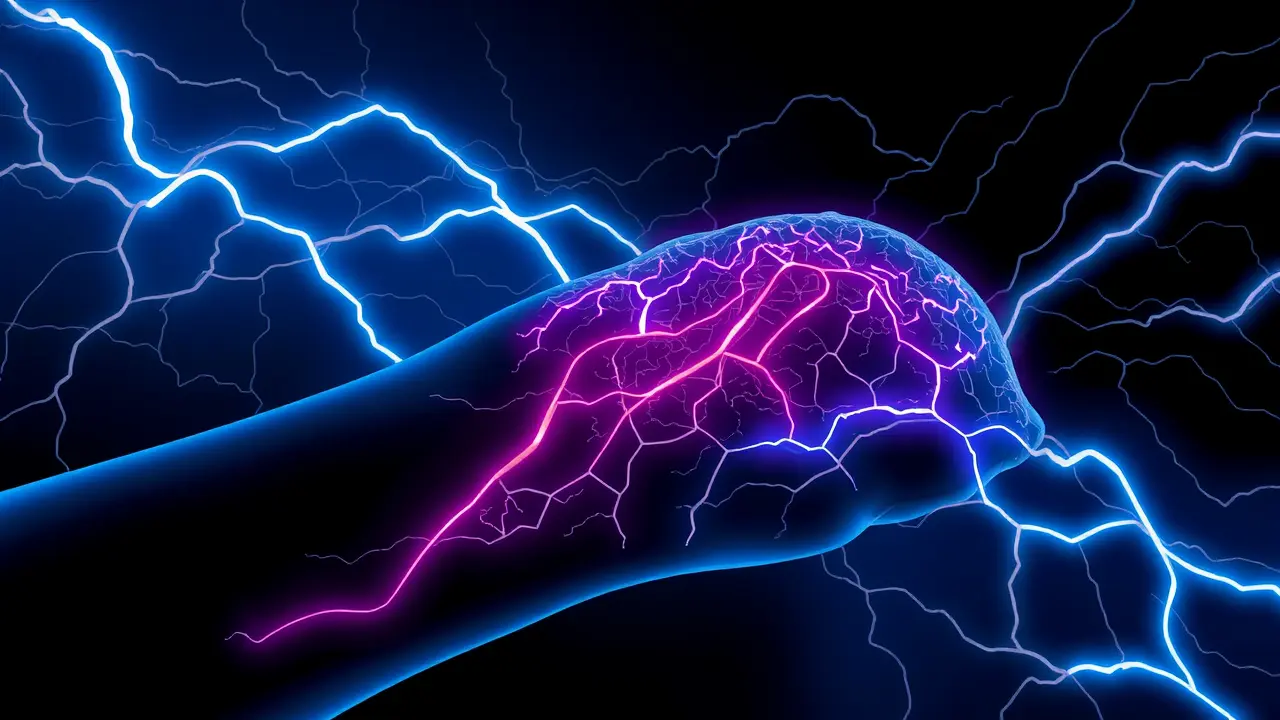Your skin could warn of hidden mental health trouble
The intricate tapestry of human health often weaves together threads we might never think to connect, and in a quiet corner of a recent psychiatric conference, researchers presented findings that pull at one such unlikely thread, suggesting that the very skin we live in could whisper warnings about the storms gathering within the mind. It’s a revelation that feels both startling and intuitively correct, the kind of insight that emerges not from a sterile lab but from listening closely to the whole human story.The study, unveiled at the European College of Neuropsychopharmacology congress, focused on a particularly vulnerable group: individuals experiencing their first brush with psychosis. For these people, the world is already tilting on its axis, reality itself becoming an uncertain country.Now, imagine the added burden of a physical manifestation—a persistent, maddening itch, an unexplained rash blooming on the forearm, the self-consciousness of a visible dermatological condition. The research found that this combination, this dual assault on a person’s sense of self, is profoundly dangerous.A full quarter of those grappling with a first psychotic episode alongside these skin issues reported the dark shadow of suicidal ideation, a figure that towers over the mere 7% found in their peers without such physical symptoms. This isn't just a statistical correlation; it’s a cry for help written on the body itself.To understand why, you have to step back from the charts and consider the lived experience. I’ve spoken with people navigating severe mental health challenges, and a common thread is the profound sense of isolation, of feeling trapped in a body that has become a prison or a betrayer.When your mind is already a chaotic place, a physical symptom like incessant itching isn't just an annoyance—it’s a constant, tactile reminder of your distress, a source of shame that can prevent you from seeking connection, from leaving the house, from believing you can be seen and accepted. It externalizes the internal turmoil, making the private agony public, or at least feel that way to the person suffering.The skin, as our largest organ and our primary interface with the world, is deeply entangled with our psychological state; we speak of feeling things ‘in our very skin,’ of ‘crawling out of our skin’ with anxiety. This research suggests that for clinicians, a simple, compassionate question about a patient’s skin could be as crucial as any questionnaire, a tangible signpost pointing toward a deeper, more desperate kind of pain that requires immediate and integrated care.It calls for a dismantling of the artificial walls we’ve built between dermatology and psychiatry, urging a more holistic view of the person sitting in the consultation room. The consequences of ignoring this link are, quite literally, a matter of life and death, adding a new, urgent dimension to the concept of early intervention in mental health. It’s a reminder that healing often requires looking at the entire person, listening to the stories their bodies are trying to tell, and recognizing that sometimes, the most profound secrets of the mind are hiding in plain sight.
MA
Maya Thorne123k2 days ago
of course our skin is trying to tell us things now too, idk why this makes so much sense at 3 am but i feel like my eczema is judging my life choices
0
RY
Ryan Carter123k2 days ago
tbh not that surprising, your skin is your biggest organ so of course it's all connected just wish doctors actually looked at the whole picture smh
0
